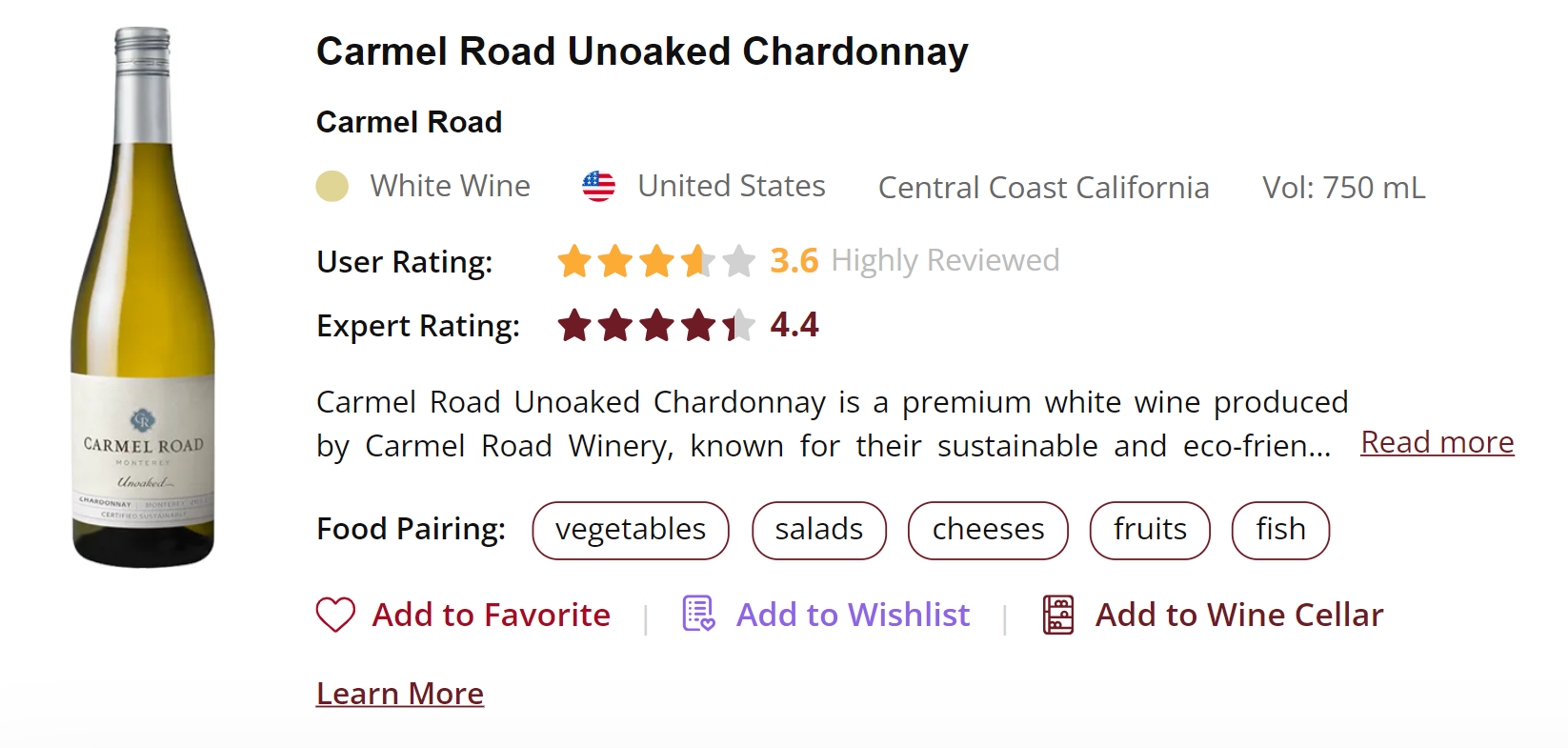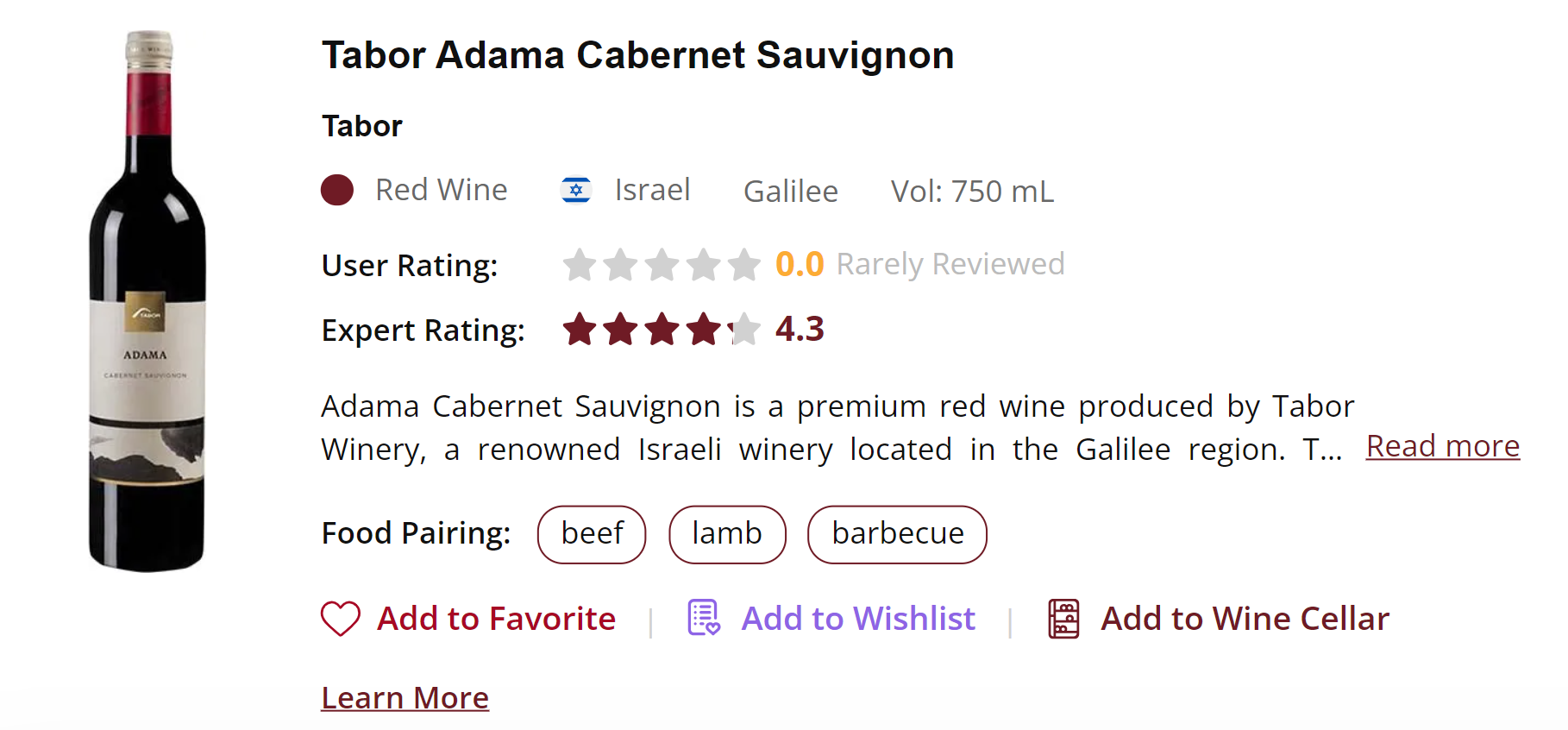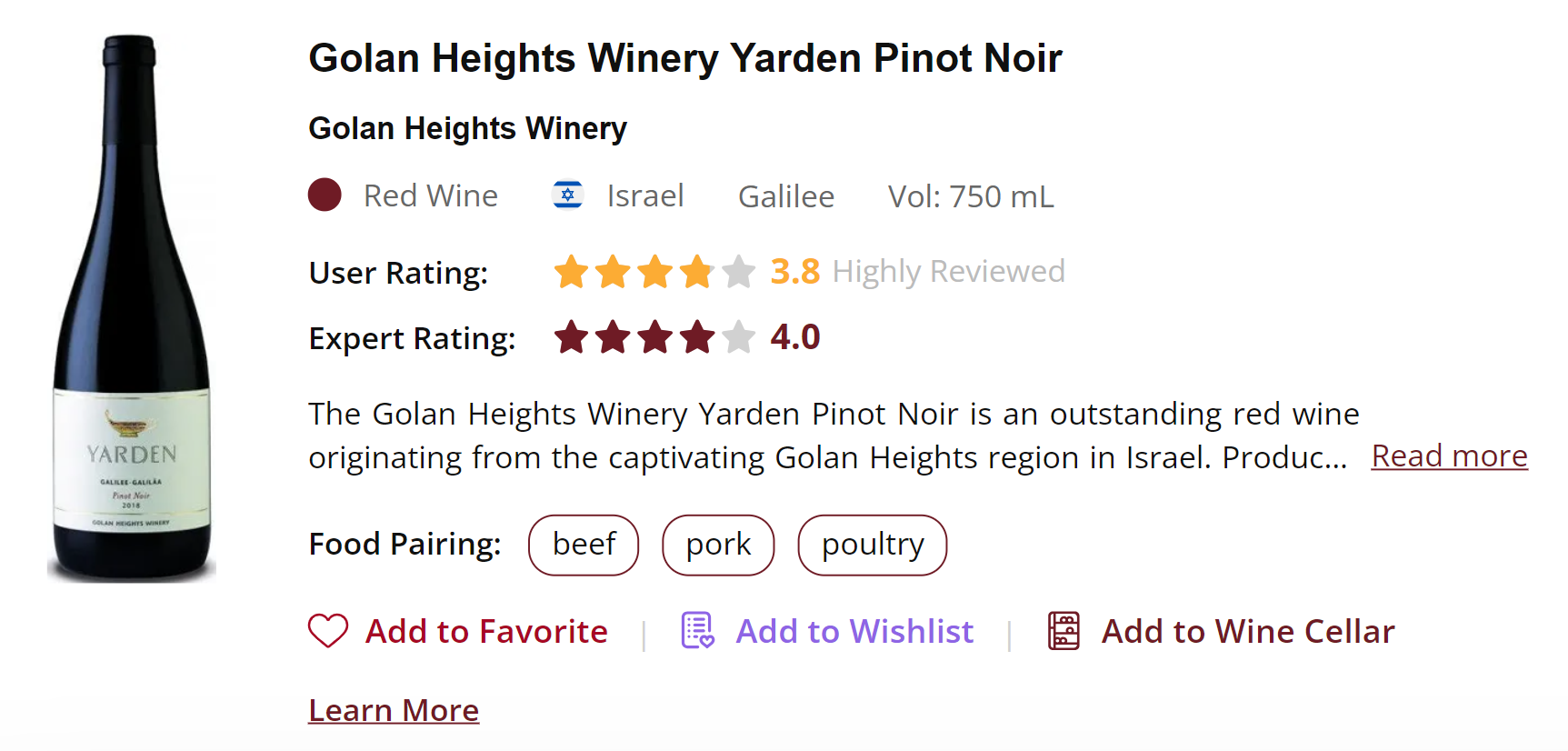- Wine Color/Type
- Top Occasions
- Unique Wines
- Surprise Me!
Celebrating Hanukkah with Kosher Wines
3 Kosher wine suggestions for Hanukkah
Hanukkah, also known as the Festival of Lights, is an eight-day Jewish holiday that commemorates the rededication of the Second Temple in Jerusalem during the Maccabean Revolt against the Seleucid Empire.
The holiday is observed by lighting the candles of a candelabrum with nine branches, commonly known tation of prayers, singing of hymns, and enjoying foods fried in oil, symbolizing the miracle of a menorah or Hanukkah lamp. One candle is lit each night of the December holiday, culminating with eight on the final night. Hanukkah is also characterized by the recihe oil that burned for eight days in the temple.
Family is the most important ingredient in Hanukkah. (Photo: Drazen/stock.adobe.com)
While wine is not as central to Hanukkah as it is in other Jewish holidays like Passover, it still plays a role in the celebrations. Wine is often used for Kiddush, a blessing said over wine or grape juice to sanctify the Shabbat and Jewish holidays. During Hanukkah, families might include wine in their festive meals to enhance the holiday's joy and celebration.
Even for those who are not Jewish or do not celebrate Hanukkah, the holiday presents a wonderful opportunity to explore the exceptional craftsmanship and culture of kosher winemakers in Israel and abroad.
Kosher Wine Explained
Kosher wine is produced per Jewish dietary laws known as kashrut, which govern many aspects of the winemaking process to ensure the wine's suitability for consumption by those who observe these dietary laws.
Vineyards designated for kosher wine must comply with the "orlah" laws. These laws prohibit the use of grapes from new vines for winemaking during the first three years of the vine's life, a period considered crucial for growth and maturation. The fruit produced during this time is not yet deemed suitable for consumption under kosher rules. Wineries generally adhere to this rule to promote healthy plant growth and deep-rooted vines.
Additionally, in Israel, the practice of "shmita" is observed, where agricultural land rests every seventh year. During this Sabbath year, based on Biblical commandment, produce from the land, including vineyards, cannot be commercially harvested or sold to produce commercial kosher wine. This reflects the deep connection between Jewish tradition, agricultural cycles, and kashrut laws, ensuring that kosher wine production aligns with these ancient principles.
What makes kosher wine special?
All ingredients in kosher wine production, including fining agents, must also be kosher. For instance, since gelatin, a common fining agent, is often non-kosher, alternatives like pea protein are used.
The winery must undergo periodic cleaning to meet kosher standards, and any non-kosher wine or grape juice must be completely absent from the production facility. From the crushing of the grapes to the sealing of the bottle, kosher wine must be handled exclusively by Sabbath-observant Jews. This ensures the wine is not used for idolatrous purposes, a historical concern in wine production.
Kosher wines can be enjoyed by everyone. (Photo:djvstock/stock.adobe.com)
For a wine to be considered kosher, it must be certified by a reliable rabbinic authority, often involving regular supervision and inspection of the winery and its processes by a rabbi or a kosher certification agency.
Safeguarding Traditions Outside of the Promised Land
While traditionally kosher wine requires handling exclusively by Sabbath-observant Jews, some exceptions allow non-Jews to handle these wines. In the United States, approximately 1 million people adhere to kashrut laws, which has influenced some winemakers to produce Mevushal or kosher wines under the guidelines discussed.
Mevushal wines are commonly used in environments where the wine might be served by non-Jewish staff, such as in restaurants or at catered events in international markets.
When it comes to tasting kosher wines, the question of whether they taste better is subjective. In general, kosher wines range from entry-level to high-end. Each selection offers its unique flavor profile and quality, making them appealing to a wide range of wine enthusiasts.
Peter Douglas
Here are some VinoVoss favorites:
Carmel Road Unoaked Chardonnay
Tabor Adama Cabernet Sauvignon
Golan Heights Winery Yarden Pinot Noir
Latest articles





